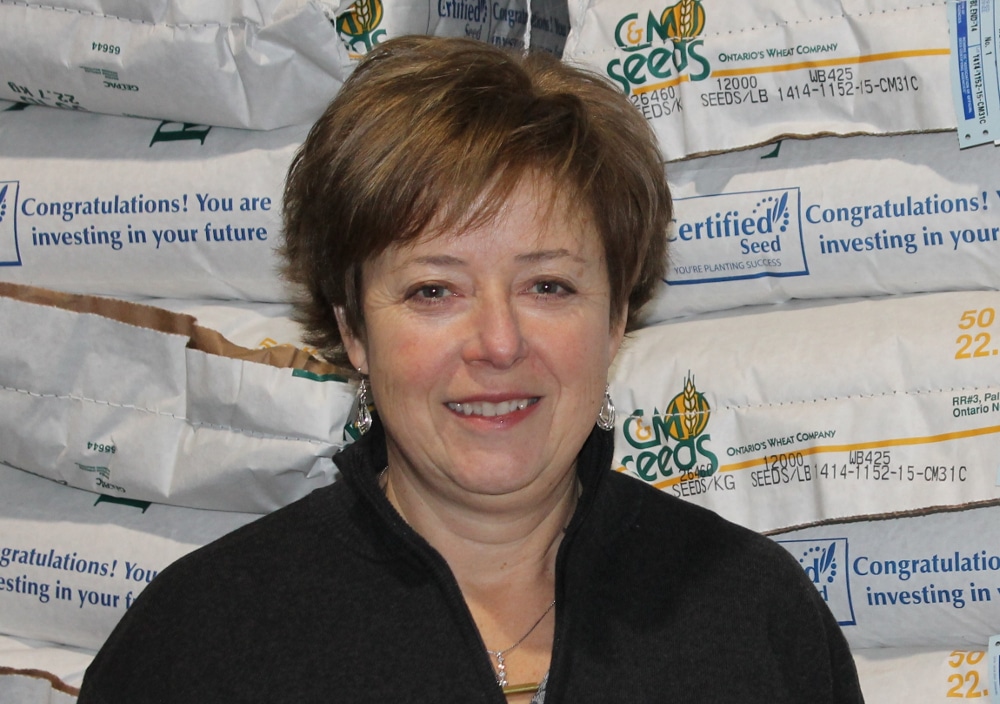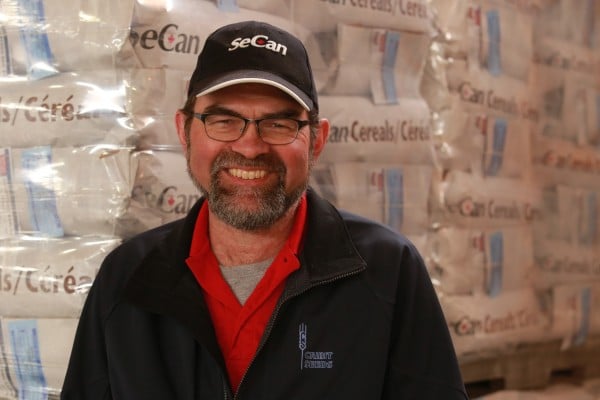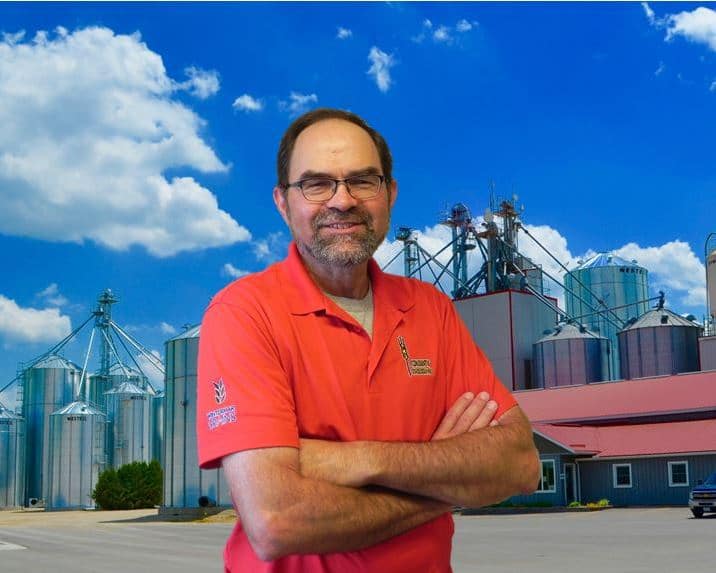Today was the first of three Seeds Canada information webinars. Attendees tuned in to learn more about the amalgamation proposal and voting process. A member of the Seed Synergy Oversight Committee (Chris Churko, CEO of FP Genetics) and two members of the inaugural Seeds Canada board of directors (C&M Seeds general manager Ellen Sparry and Cribit Seeds owner Quentin Martin) were available to answer questions.
The webinar, which last just under two hours, presented information from the Seeds Canada ratification package and most notable was modified financial information which gives more detail about the financial situation of the Seeds Canada amalgamating partners.
“The 2020 pre-amalgamation aggregate position of the amalgamating organizations is subject to head winds for both revenues and expenses due to COVID-related adjustments, contingency planning around the amalgamation vote, and updated implementation planning budgets to prepare for the transition to the new organization,” the updated document states.
“This puts the pre-amalgamation aggregate position of the amalgamating organizations in a deficit position that would be covered through a draw down of reserves.”
Cost synergies and growth expectations are forecasted to more than make up for these head winds and the new organization is projected to start on a healthy financial footing (operating at a surplus in the first year of operations) and building its net asset position over the medium-term, it goes on to say.

Chris Churko’s ‘Tough Days’
On the importance of the five associations working together: You need to understand the five amalgamating associations are critical pieces of the system we have today. If any one of them weren’t or aren’t there at the table going forward, that does jeopardize our reputation as a supplier of quality, safe, innovative products.
On the work involved in making Seeds Canada a reality: Even though the role they play is critical, we have all grown up separately. We’ve been operating separately, independently of one another. When the Oversight Committee started working on a target operating model, one of the biggest eye openers was the list of must-haves from each organization was very long. We had an idea of what they all did but but it became clear each organization had a long list of activities they offered that needed to be integrated into Seeds Canada There were big items and a lot of issues to deal with. There were some tough days when relationships were pushed pretty far and there was an aggressive pace to get the work done. There were days we were exhausted. Incorporating regional viewpoints while ascertaining the role of a unified and national organization was not easy.
On which area was the most challenging to navigate while building the new organizational framework: If I had to pick one it would be corporate culture. We all have similar values but different traditions with different levels of detail. Culture was a factor woven through every issue. We learned about each other, found some common ground, and were effective at moving the process forward. Even once Seeds Canada becomes a reality, there will be days when we have to treat each other with grace and prop each other up. I have complete confidence this is the right move for all of us.

Ellen Sparry Wants to ‘Take the First Step’
On being a member of the first Seeds Canada board: No one ever thinks they’re going to fail. The question is what does success look like. I think success is a unified modernized seed industry for the future. I’m looking forward to interacting with [the other board members] and creating a new culture as we move forward.
On what changes are coming that Seeds Canada needs to pay attention to: Regulatory modernization is key. I represent the Canadian Seed Trade Association at the International Seed Federation, and I meet with international companies. They are always asking where Canada stands on traits, on regulatory issues. We’ve made good progress this last little while on bringing forward regulation to allow breeders and developers to move technology forward faster. Technology is moving faster all the time, so how do we bring that into the hands of breeders, growers and the general public?
On what the first year of Seeds Canada will look like: I don’t think we can expect to get everything right off the bat. There’s a great quote from Martin Luther King where he said, “You don’t have to see the whole staircase, just take the first step.” We have a good final goal defined for where we want to be and how to move forward.

Quentin Martin on Building a New Machine
On what he most looks forward to as a Seeds Canada board member: This whole process represents risk, but I prefer to look at it as a huge opportunity. The place we could get to by merging all these organizations with the inherent horsepower they all have is exciting. This is not a case of going to the farm shop and taking five pieces of equipment and using them to make a new one from used parts. This is starting from scratch, using the knowledge all these groups have and creating a new piece of machinery to get this work done. It’s not like any piece of machinery you’ve seen — it performs multiple functions.
On the possibility of the Canadian Seed Growers’ Association not joining Seeds Canada: It would stand to reason [that CSGA] is the organization that has a lot of work in front of it to bring people to a point where they think this is a good idea. Not only that, but to be beyond indifference and to vote in favour of it. It’s a significant hurdle. We simply have to communicate well so people can make an intelligent decision, and so fear and uncertainty isn’t a motivator when people vote.












